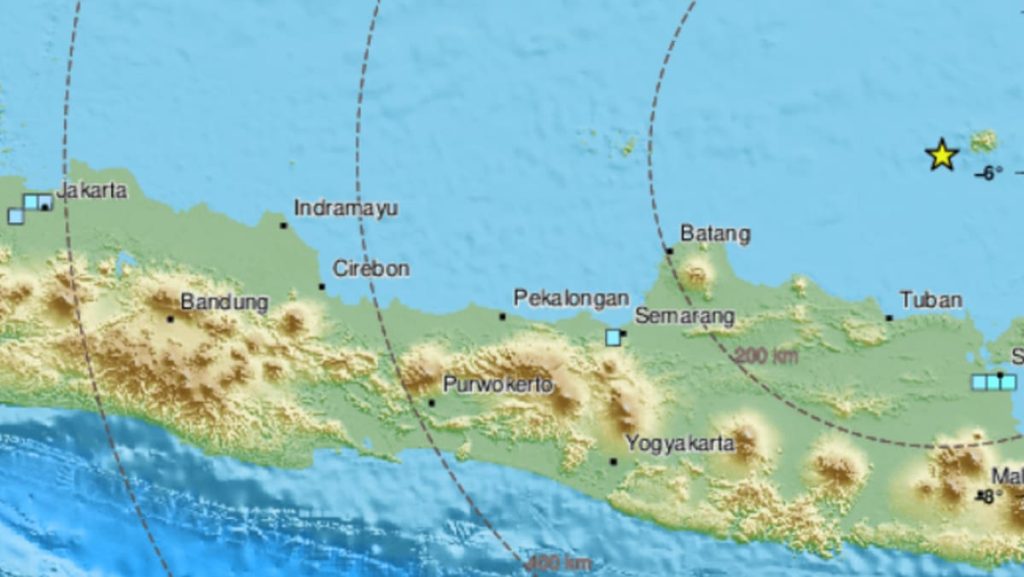island’s southern coast at 12:03pm local time (1:03pm Singapore time). There were no immediate reports of casualties or damage, but the tremor was widely felt by residents in Jakarta, triggering panic and causing some buildings in the capital to sway. The Indonesian meteorological agency did not issue a tsunami warning following the earthquake.
The earthquake serves as a reminder of Indonesia’s position on the seismically active Pacific “Ring of Fire”, where tectonic plates collide and cause frequent seismic and volcanic activity. The archipelago nation is prone to earthquakes and tsunamis, with the memory of the devastating 2004 tsunami still fresh in the minds of many Indonesians. In September last year, a powerful quake and tsunami struck the city of Palu in Sulawesi island, resulting in over 2,000 deaths and widespread destruction.
Government agencies and local authorities in Indonesia have been implementing measures to improve the country’s disaster preparedness and warning systems. These efforts include the installation of early warning systems, the development of emergency response protocols, and community education programs to raise awareness about earthquake safety. Despite these initiatives, there are still challenges in reaching remote and vulnerable communities, and ensuring effective coordination among different agencies.
The recent quake near Java island is a reminder for individuals and communities to remain vigilant and prepared for seismic activity. Building regulations in earthquake-prone areas should be strictly enforced to ensure the safety of structures and prevent casualties. Individuals should also have emergency plans in place, including knowing the appropriate response during and after an earthquake, and having emergency supplies stocked up. Community drills and exercises can also help to enhance preparedness and response capabilities.
As Indonesia continues to face the threat of earthquakes and tsunamis, international cooperation and support are crucial in enhancing the country’s disaster resilience. International organizations and partners can provide expertise, resources, and technology to assist Indonesia in improving its disaster preparedness and response capabilities. Collaboration with neighboring countries in the region, as well as with global entities such as the United Nations, can help to strengthen Indonesia’s resilience in the face of natural disasters.
In the aftermath of the offshore earthquake near Java island, it is important for the Indonesian government and stakeholders to conduct a thorough assessment of the impact and response to the seismic event. Lessons learned from this earthquake can inform future disaster planning and mitigation efforts, and help to improve the country’s overall resilience to natural disasters. By learning from past experiences and continuously evaluating and enhancing disaster preparedness measures, Indonesia can better protect its population and infrastructure from the devastating effects of seismic activity.















